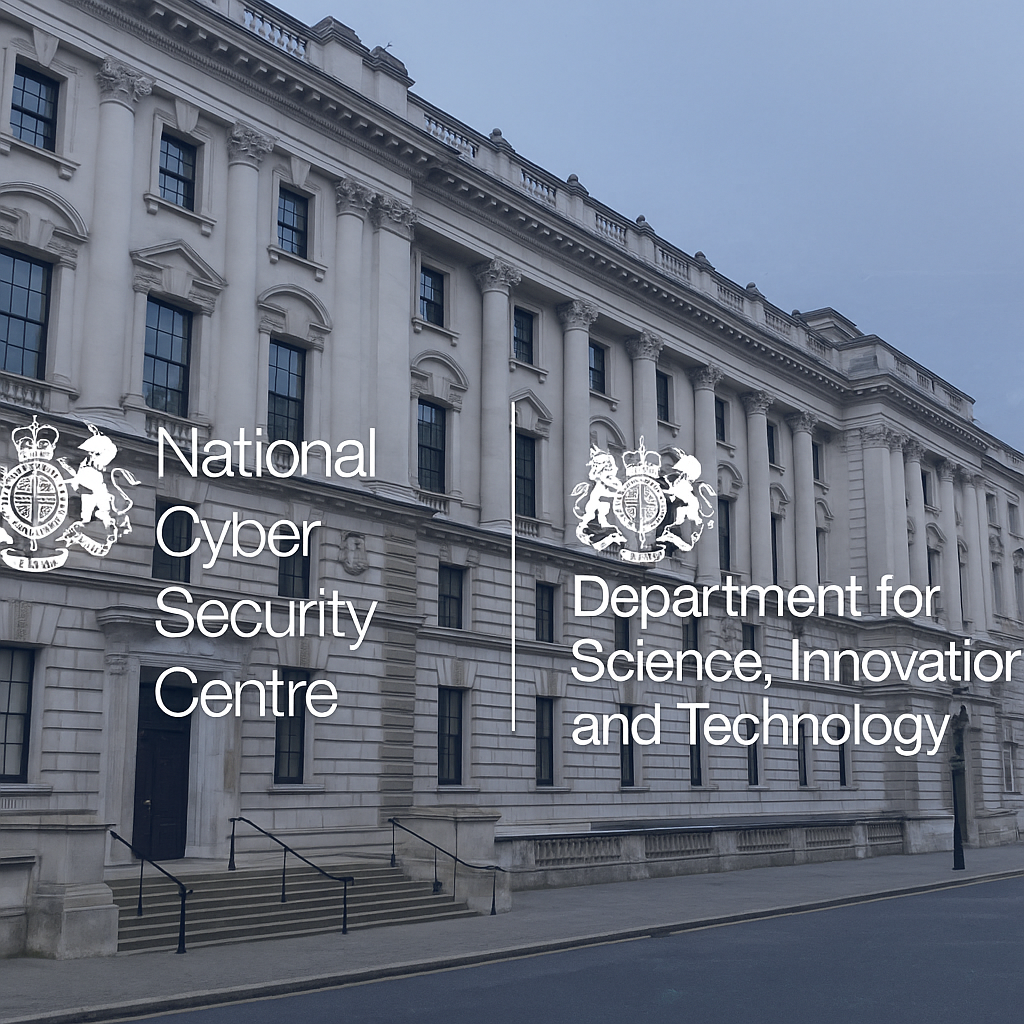As the global cybersecurity landscape becomes increasingly fraught with challenges, the United Kingdom has taken a significant step forward in software security initiatives. On May 7, the National Cyber Security Centre (NCSC) and the Department of Science, Innovation, and Technology introduced a voluntary Software Security Code of Practice aimed at establishing baseline security protocols for software development. This initiative comes at a crucial time, as threats targeting software supply chains continue to rise.
The Code of Practice includes 14 essential principles categorized into four main themes: secure design and development, build environment security, secure deployment and maintenance, and effective communication with customers. Notably, the NCSC emphasizes that software vendors carry the responsibility for ensuring security throughout the development lifecycle, which includes safeguarding third-party components. These principles aim to bolster transparency regarding legacy software and significant incidents that could affect users, as highlighted by the NCSC’s official blog.
Senior leaders in software organizations are now urged to prioritize security measures and enforce these guidelines across their teams. The NCSC suggests that employees gain formal qualifications and receive training in secure coding standards, ensuring a culture of security within software development environments. Despite these efforts, critics argue that the technology market’s focus on growth often comes at the expense of security, leading to a troubling gap in the development of secure products.
This new Code of Practice is part of an ongoing government strategy to enhance cybersecurity across the UK over the past decade. Previous frameworks, such as the 2018 Code of Practice for Consumer IoT Security and the Product Security and Telecommunications Infrastructure Act, have laid crucial groundwork for enhancing security standards in developing devices. Advocates like Beau Woods, a cyber safety expert with I Am the Cavalry, stress that the acknowledgment of these principles signifies a shift towards making security practices the norm rather than an exception.
While the Software Security Code of Practice marks significant progress toward a more secure software environment, its voluntary nature raises questions about its effectiveness. Industry experts, including Tony Anscombe of ESET, acknowledge the absence of regulatory mechanisms that would compel compliance. Many existing principles, such as those outlined by the Cybersecurity and Infrastructure Security Agency (CISA) and the National Institute of Standards and Technology (NIST), operate on a similarly voluntary basis, questioning whether self-regulation alone can keep pace with rapidly evolving cyber threats. Continued advocacy from government and industry stakeholders will be crucial in ensuring that these standards are not only adopted but also effectively implemented.
Looking ahead, the success of this initiative hinges on widespread adoption and the establishment of a culture of accountability in software development. If embraced broadly, the fundamental principles outlined in the Code could address significant vulnerabilities throughout the software life cycle. Discussions about the potential for a certification scheme based on these guidelines suggest that future steps could further solidify these practices within the industry.

